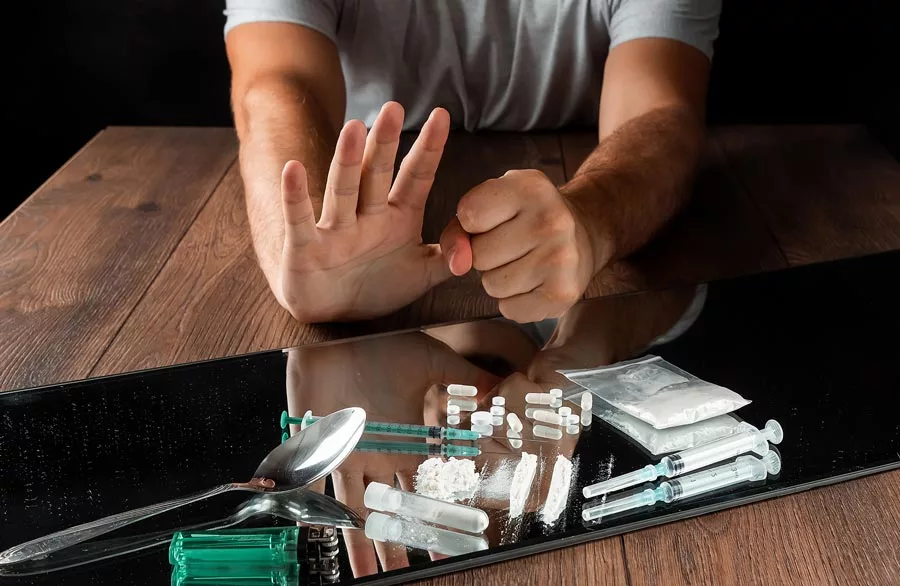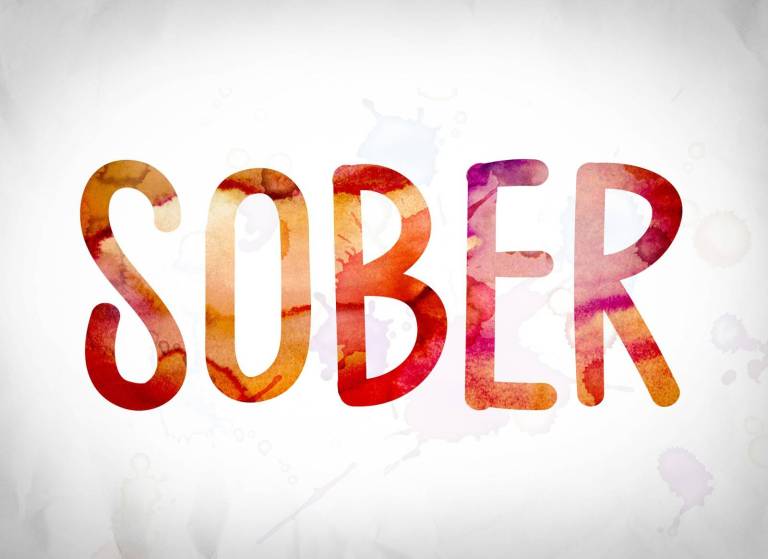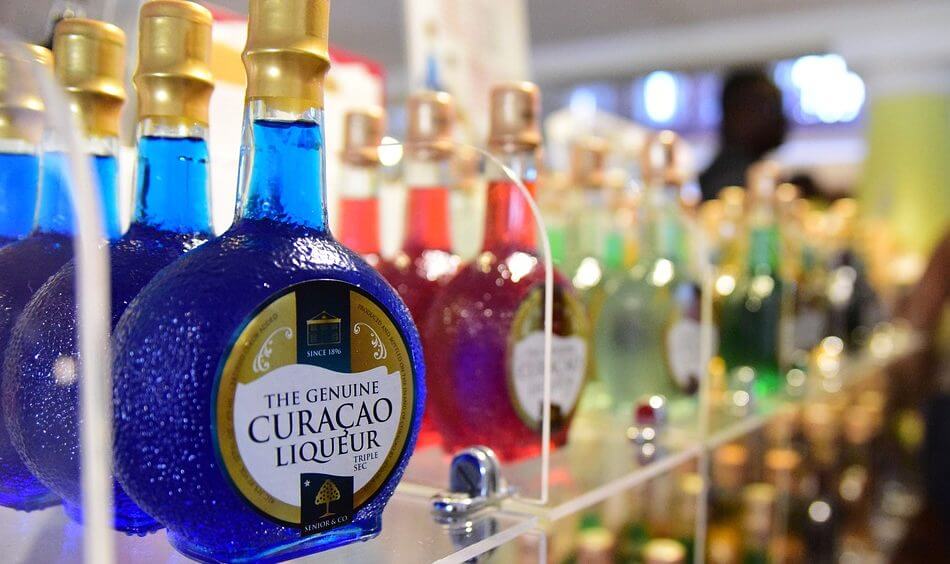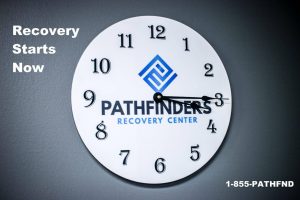RAISING AWARENESS AND EDUCATION ON THE PREVENTION OF SUBSTANCE ABUSE
Statistics provided by the National Survey on Drug Use and Health in 2017 show that approximately 19.7 million Americans aged 12 years and older suffered from a drug addiction disorder.
Other statistics show that of all 21 million people who suffer from substance abuse, only 10% of these individuals actually receive treatment. What is even more shocking is that drug abuse has resulted in over 700,000 deaths from 1999 to 2017.
This makes drug abuse awareness, education, and preventative measures all the more important. Having a family member or a close friend suffering from substance abuse often leaves you with one thought: how to help beat their addiction and reclaim the person you love.
But what if you can find ways to prevent drug abuse before it becomes a problem? Drug abuse prevention starts with looking at what triggers this use. This is a key part of preventing substance abuse: being aware of its causes.
SUBSTANCE USE RISK FACTORS
Although many people use drugs and alcohol, not all of them end up becoming addicted to these substances. However, as the statistics above indicate, a good number of substance users end up being emotionally and physically attached to the drugs.
Just like in other diseases, there are several psychological, environmental, and physical risk factors that may cause certain individuals to be more likely to develop addictive habits. In many cases, knowing these indicators can help prevent substance abuse.
GENETICS AND FAMILY HISTORY

Having family members who have struggled with drug abuse in the past can significantly increase a person’s chances of developing these habits themselves. Of course, this is not a destined eventuality.
Knowing all the information on your familial addictions can help you better avoid forming your own addictive behaviors. This can also be helpful should you choose to start your own family, through maintaining a balanced family life and setting good examples for your children.
Community prevention programs can also often lend assistance and resources for reference in this regard. If you are unable or unsure of how to keep yourself and your loved ones away from harmful substances, it can help to seek professional assistance in preventing substance abuse.
MENTAL ILLNESS
Psychological problems such as depression and anxiety can lure one to drugs in the hope of self-medicating the emotional pain these mental conditions can cause. This mostly happens with teens and young adults, whose minds may not know how to process difficult emotions yet.
Mental illness can be a significant risk factor for the later development of a substance use disorder. This is why it is so important for the parents of adolescents struggling with mental health problems to check in with their child about their emotional state.
Knowing how to healthily and effectively talk about difficult subjects can be essential for helping children to be aware of the dangers of substance abuse, and communicate their emotional needs.
Furthermore, adults with mental illness will also be more likely to develop a substance addiction from using drugs or alcohol as a form of self-medication. In these cases, it is highly recommended to get professional help in learning how to live a well-balanced life.
Common mental conditions found amongst adults struggling with addiction are general anxiety disorder, post traumatic stress disorder (PTSD), and various other personality and mood disorders.
ENVIRONMENTAL AND SOCIAL FACTORS
Friends and peers have a great impact on one’s life. Sometimes, this impact can have negative consequences. In many cases, people start using illicit drugs or abusing alcohol to better fit into their social circles.
To minimize this risk in children, teaching them the power of independence and ensuring they are aware of the various health risks that come with using drugs can help them more easily make healthy choices.
If they are already using or are ‘at-risk,’ then reaching out to community prevention programs and resource centers that aim to prevent substance abuse can be a great way to provide support to these struggling youths.
Amongst older individuals, their abuse of alcohol or other drugs may also be influenced by environmental or social factors, such as living with an abusive or addicted individual, peer pressure from negative friend groups, or high-stress work, school, or home responsibilities.
Ways to prevent these external influencers from having a major impact on your own life may be to start talking to a counselor, surrounding yourself with good friends, or seeking support from other family members and acquaintances.
STARTING DRUG USE AT AN EARLY AGE

If someone goes through a traumatic childhood, they may turn to drugs to try and alleviate the trauma effects. Some common traumatic experiences that can result in mental illness or substance abuse include sexual harassment, neglect, harassment, accidents, and others.
If your child experiences any of these hurtful experiences, it is important to get them professional help. Adverse childhood events or ACEs are increasingly being linked with drug use and mental health disorders that arise later in life.
One of the most important ways to prevent substance abuse is to be a good example of parental support and help your child maintain a well-balanced life through getting them the help they need after a traumatic experience.
REASONS WHY PEOPLE RISK DRUG ADDICTION
Whether involving illegal drugs, prescription medication, alcohol, or any other form of addiction, there are various reasons as to why someone may risk their health by abusing these addictive substances.
CHASING THE RUSH OF A HIGH
Many drugs can produce euphoric highs, making the person taking them feel powerful and confident. These feel-good effects can be brought about by other behaviors, including gambling, which gives you financial gains.
One can also get excited after receiving social media notifications, resulting in smartphone addiction. The most common forms of addiction, however, are those involving addictive substances, such as alcohol, marijuana, cocaine, opioids, and various others.
AS A WAY OF RELIEVE STRESS AND SADNESS

People who suffer from social anxiety, stress, and depression may turn to substance use with the hope of overcoming stress. Facing stressful situations may also prompt people to continue using or relapse even after going through successful treatment.
TO IMPROVE CONCENTRATION AND INCREASE PERFORMANCE
Some people, especially those who engage in sporting activities, take stimulants to increase their performance. Others, and especially students, take sleep-alleviating drugs to study for more hours.
While these behaviors may give you short-term gains, the long-term side effects are far worse and often can result in permanent damage. Furthermore, for many forms of drug use, no conclusive evidence has been found to confirm that these are, in fact, performance-enhancing.
When there is more than one risk factor involved, the chances of developing a substance use disorder are higher. However, many individuals can still form an addiction, even without any risk factors playing a part.
5 WAYS TO PREVENT DRUG ABUSE
Just as substance addiction is possible, so is prevention. When it comes to preventing substance abuse, there are various factors that go into making better decisions for the mental and physical health of both yourself and others.
Here are a few effective ways to raise awareness of the abuse potential of drugs, the underlying causes of addiction, and ultimately how to help prevent drug abuse.
1. FIND EFFECTIVE WAYS TO HANDLE PEER PRESSURE
Human beings have a habit of not wanting to be left out, especially by their friends and peers. For this reason, you will find that most teens and some adults start abusing drugs as a way to fit in with their friends.
If you find yourself in this situation, try finding the courage to say no. Or, you can find more positive friendships that will not pressure you or push your boundaries. If you find yourself being pressured to try drugs, finding a good excuse to leave the situation can help prevent temptation.
2. FIND BETTER COPING MECHANISMS

A good number of people who abuse drugs do so as a coping mechanism for the negative things they are facing in life. It is important to note that there is nothing wrong with experiencing negative emotions.
Instead of turning to drugs for solace, find better ways of dealing with them. Some effective coping mechanisms include:
- Talking to someone
- Meditation
- Yoga
- Writing it down
- Exercising
Trying out any of these mechanisms takes your mind off drugs. Even practicing mindfulness can help make what seems unbearable a bit easier, even for younger individuals by learning how to ‘observe’ thoughts without acting on them.
3. CHOOSE YOUR CIRCLE OF FRIENDS CAREFULLY
Making healthy friendships plays a major role in your overall health and well-being. However, you need to choose your friends wisely as socializing with the wrong crowd can easily lure you into drug use, and you may find yourself abusing drugs in no time.
Make sure you hang out with people who show you love and support and discourage you from attempting unhealthy substance use. Such people also provide a safe environment where there is less likelihood of triggering drug abuse risk factors.
4. ALWAYS ALLOW YOURSELF TO REST

Imagine spending all day in the office handling difficult clients or workmates, then going home to find family duties and social obligations waiting for you. All these responsibilities expose you to a chronic state of stress, leaving you no time to rest.
In the long run, you might find yourself turning to drugs to help you keep up. But guess what, if you fell ill and took an emergency break today from all those responsibilities, this would not be seen as unacceptable.
So, rather than sacrificing your happiness and risk getting physical and mental illnesses, consider taking time off and taking care of your wellbeing. There are some great activities that you can engage in during this time, including:
- Getting a massage
- Reading your favorite book or magazine
- Taking a hot bath
- Switching off your smartphone and taking a break from social media
Taking some time off may seem like a hard thing to do, but it goes a long way to preventing drug abuse. In the long run, this can also help reduce the likelihood that you will need to take more time off in the future in order to receive treatment for a substance addiction.
5. ANALYZE ANY POSSIBLE RISK FACTORS
Having prior knowledge of any possible drug abuse risk factors makes it easy for you to overcome them. For instance, if you have a family history of substance abuse, then you can make a promise of abstinence to yourself and plan ahead to avoid following in their footsteps.
Also, if you are friends with someone who abuses drugs, it may be a good idea to help them seek professional addiction treatment services. If this is not an option, making the decision to distance yourself from or end this friendship can keep you from forming these habits, as well.
CHOOSE LIFE OVER DRUG ABUSE
Although the potential to abuse drugs may be in your genetics, the choice on whether to use them or not is entirely yours. By actualizing the above tips on how to prevent drug abuse, you avoid not only addiction but also other risks that come with substance abuse.
If you have an addiction problem or fear that someone close to you is using in excess, you do not need to suffer in silence. Enrolling in a research-based treatment program can provide assistance in addiction prevention and help you eliminate substance abuse risk factors.
MAKING AN ACTION PLAN TO TACKLE DRUG ABUSE
Take the bold step to change your life now by contacting the Best Rehabs In Arizona team. We offer alcohol and drug addiction diagnosis and effective, evidence-based treatment that can help you or your loved ones prevent and overcome addiction.
Just by reaching out to a Best Rehabs In Arizona representative, we can help you avoid the consequences of addiction and learn how to maintain a happier, healthier, and substance-free life, today!







 Within 6 to 12 hours, minor symptoms start to appear. These include muscle aches, excessive yawning, trouble sleeping, headaches, or even a fever. It’s around this time that most common opioid abusers give in and go back to their substance.
Within 6 to 12 hours, minor symptoms start to appear. These include muscle aches, excessive yawning, trouble sleeping, headaches, or even a fever. It’s around this time that most common opioid abusers give in and go back to their substance. Many people don’t realize that drug abuse affects their emotional stability. The effects of consistent drug abuse can numb the natural coping mechanisms we’re supposed to use. When patients quit taking those numbing opioids, they tend to struggle with coping with emotions again.
Many people don’t realize that drug abuse affects their emotional stability. The effects of consistent drug abuse can numb the natural coping mechanisms we’re supposed to use. When patients quit taking those numbing opioids, they tend to struggle with coping with emotions again. That regulation starts with a thorough exercise routine. Don’t worry – you don’t need to become a bodybuilder just to transition away from drug abuse. It is a good idea though, even if just to maintain some level of routine.
That regulation starts with a thorough exercise routine. Don’t worry – you don’t need to become a bodybuilder just to transition away from drug abuse. It is a good idea though, even if just to maintain some level of routine.
 Outside circumstances vary drastically, but internally most addicts, including myself, have similar experiences although it can often feel like they’re the only one.
Outside circumstances vary drastically, but internally most addicts, including myself, have similar experiences although it can often feel like they’re the only one. As time goes on our tolerance for the substances gets greater. Leaving us needing more of our drug of choice in order to become intoxicated. So, what does any motivated addict do at this point?
As time goes on our tolerance for the substances gets greater. Leaving us needing more of our drug of choice in order to become intoxicated. So, what does any motivated addict do at this point?









 A good group of peers is so imperative during the recovery process, people that we can trust and stay committed to. Not to mention people to enjoy life and have sober fun with. We call this having an “A-Team” and it will save your life time and time again. Make sure you choose your A-Team wisely and be sure to stick with the winners. If you don’t know anyone sober outside of treatment, or if you have a fear of meeting new people, don’t worry we were all there once. We recommend looking into your local intergroup and attending, 12-step meetings, group and individual therapy. There you find a bountiful amount of sober people that will be willing to help you anyway that they can. A solid, safe support system can be the difference between sobriety and relapse.
A good group of peers is so imperative during the recovery process, people that we can trust and stay committed to. Not to mention people to enjoy life and have sober fun with. We call this having an “A-Team” and it will save your life time and time again. Make sure you choose your A-Team wisely and be sure to stick with the winners. If you don’t know anyone sober outside of treatment, or if you have a fear of meeting new people, don’t worry we were all there once. We recommend looking into your local intergroup and attending, 12-step meetings, group and individual therapy. There you find a bountiful amount of sober people that will be willing to help you anyway that they can. A solid, safe support system can be the difference between sobriety and relapse.

 The most rewarding times in our lives are when we can truly step out of ourselves. To show up for another person in a capacity that makes their life better in some way is incredible. Drug addicts like us have taken enough from this world during active addiction, and it is a phenomenal feeling to give something back. Also, surround yourself with people that bring positivity and love into your life. Negative influences can deeply affect your level of happiness, so we highly recommend surrounding yourself with people who share your goals and are willing to take actions with you toward generating real happiness; we do not do this thing called recovery alone!
The most rewarding times in our lives are when we can truly step out of ourselves. To show up for another person in a capacity that makes their life better in some way is incredible. Drug addicts like us have taken enough from this world during active addiction, and it is a phenomenal feeling to give something back. Also, surround yourself with people that bring positivity and love into your life. Negative influences can deeply affect your level of happiness, so we highly recommend surrounding yourself with people who share your goals and are willing to take actions with you toward generating real happiness; we do not do this thing called recovery alone!
